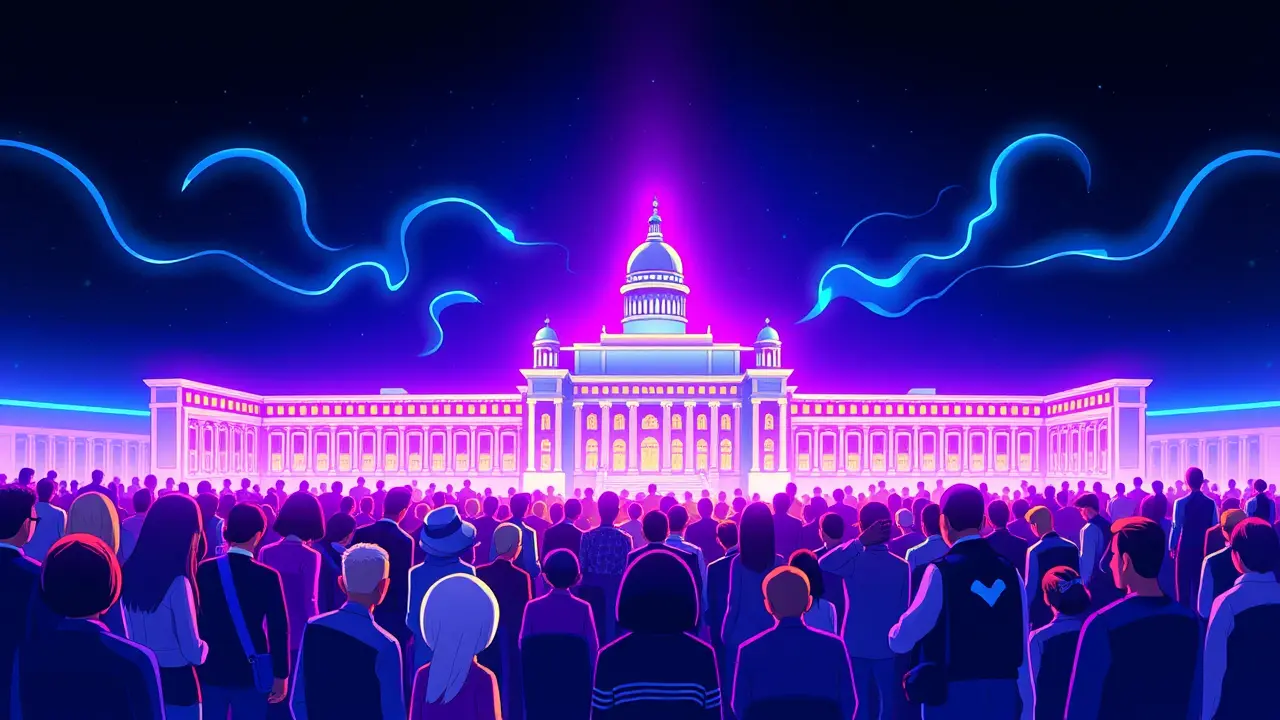
Politicshuman rightsRefugees and Migration
South Africa Rejects US Plan for White Afrikaner Refugees.
RO
Robert Hayes
2 days ago7 min read
In a firm and unequivocal diplomatic rebuttal, the South African government has rejected a controversial proposal from the United States, reportedly championed by former President Donald Trump, to establish a refugee program for white Afrikaners, a move Pretoria has labeled as not only baseless but fundamentally racist. The core of the South African argument, delivered with the gravitas one might expect from a state addressing a profound mischaracterization of its internal affairs, centers on the vehement denial of the 'white genocide' narrative that has been weaponized by certain fringe groups and international figures to paint a picture of the nation that is starkly at odds with its complex, post-apartheid reality.This is not merely a policy disagreement; it is a clash of narratives, a battle over the very soul of a nation still grappling with the deep scars of its institutionalized racial past. To understand the weight of Pretoria's dismissal, one must look to the historical context: the end of apartheid in 1994 was not a genocidal event but a negotiated settlement, a fragile miracle led by figures like Nelson Mandela that sought to build a rainbow nation from the ashes of a brutally segregated state.The current socio-economic challenges, including high crime rates and ongoing land reform debates that disproportionately affect all citizens, are the growing pains of a young democracy attempting to correct centuries of systemic dispossession, not a state-sanctioned campaign of ethnic cleansing. The government’s position was powerfully bolstered by quoting prominent Afrikaner leaders and intellectuals within South Africa itself, who have publicly decried the American plan as an external imposition that infantilizes their community and dangerously simplifies their place in the modern South African fabric.This echoes historical precedents where external powers have attempted to intervene in sovereign nations under the guise of humanitarianism, often exacerbating tensions rather than alleviating them. Analysts suggest that this episode will have significant consequences, potentially straining diplomatic ties between South Africa and the US while simultaneously empowering far-right elements within both countries who thrive on such polarizing rhetoric.The risk, as in many historical conflicts fueled by misinformation, is that these external narratives can become self-fulfilling prophecies, creating divisions where none need exist. Ultimately, this is a story about sovereignty, perception, and the enduring difficulty of reconciling a painful history with a contested present, a diplomatic skirmish that reveals far more about the political battles being fought in Washington than it does about the actual conditions on the ground in Pretoria.
#featured
#South Africa
#United States
#Afrikaners
#refugees
#white genocide
#diplomacy
#human rights
Stay Informed. Act Smarter.
Get weekly highlights, major headlines, and expert insights — then put your knowledge to work in our live prediction markets.
Related News
Comments
It’s quiet here...Start the conversation by leaving the first comment.
© 2025 Outpoll Service LTD. All rights reserved.











